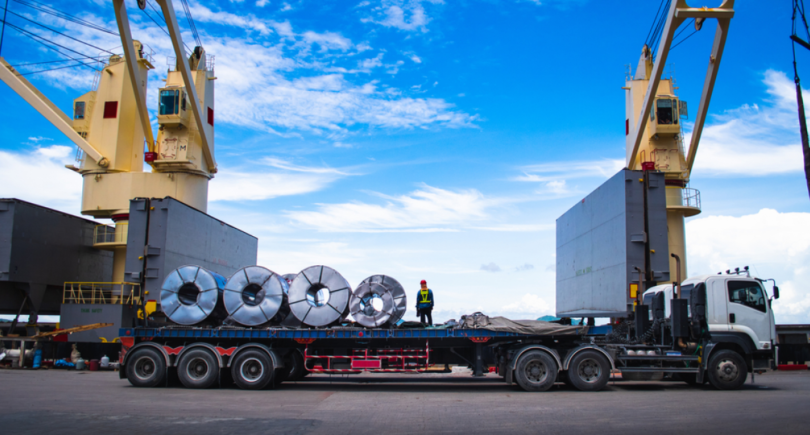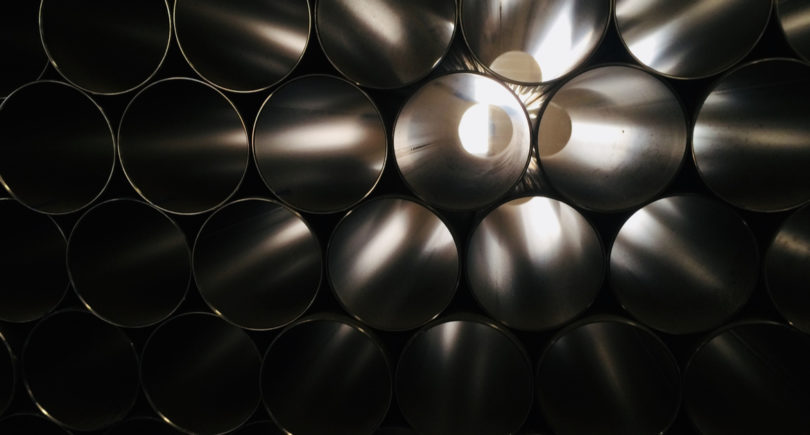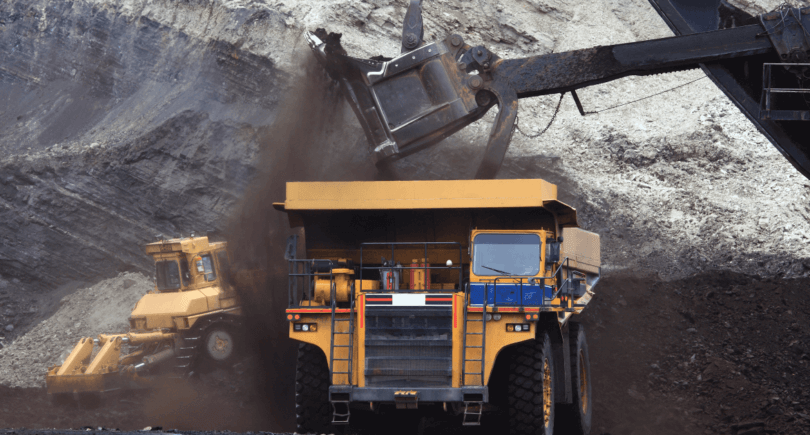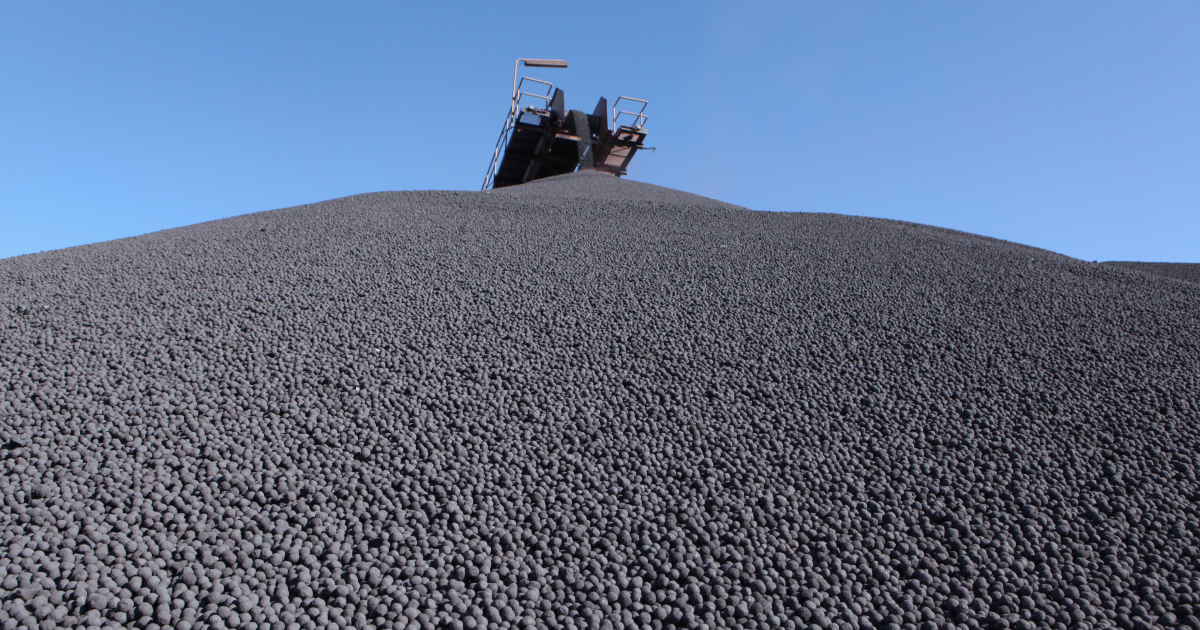
News Global Market EU 723 21 November 2023
The main volume of products was shipped from Russia and Libya – 955.4 thousand tons and 365.95 thousand tons, respectively
In January-September 2023, the European Union reduced imports of direct reduced iron (DRI) by 16.6% compared to the same period in 2022 – to 2.03 million tons. This is evidenced by Eurostat data.
In September 2023, the volume of DRI supplies to European consumers increased by 20.3% compared to August 2023, and decreased by 9.5% by September 2022 – to 224.83 thousand tons. September import volumes are the highest since April 2023, when 301 thousand tons of the product were imported.
The main importers of DRI among the EU countries in January-September were Italy, Germany, Belgium, Spain and Austria, among others:
- Italy – 694.96 thousand tons (-16% y/y);
- Germany – 518.27 thousand tons (-2.5% y/y);
- Belgium – 258.24 thousand tons (+3.5% y/y);
- Spain – 180.96 thousand tons (-10% y/y);
- Austria – 146.71 thousand tons (-12.9% y/y).
Russia is the largest supplier of DRI to the European Union. In January-September 2023, Russian enterprises shipped 955.42 kt of direct reduced iron to European consumers, down 29.6% compared to the same period in 2022. In September, the EU imported 79.52 thousand tons of the relevant products from the Russian Federation (-17.6% y/y, +24.5% m/m).
The main importer of Russian products is Italy – 544.1 thsd tonnes, down 24.5% yoy. Belgium ranks second with 205.6 thsd tonnes (-17.6% y/y).
In January-September, Libya shipped 365.96 thousand tons of DRI to the EU, up 2 times yoy. In September, European steelmakers imported 52.1 kt of direct reduced iron from Libya (no imports in September 2022). DRI imports from Venezuela amounted to 163.22 thousand tons for 9 months (-4.8% y/y), and 35.1 thousand tons in September (-24.7% y/y).
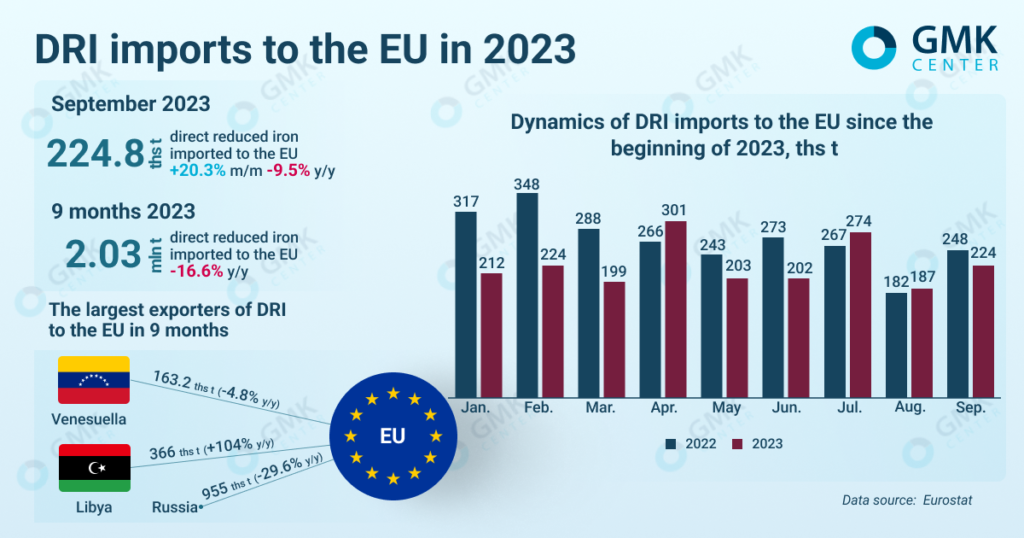
As GMK Center reported earlier, the European Union in January-August 2023 reduced imports of steel raw materials from the Russian Federation by 41.1% compared to the same period in 2022 – up to 3.65 million tons. Import costs decreased by 40.4% y/y – to €1.85 billion.


